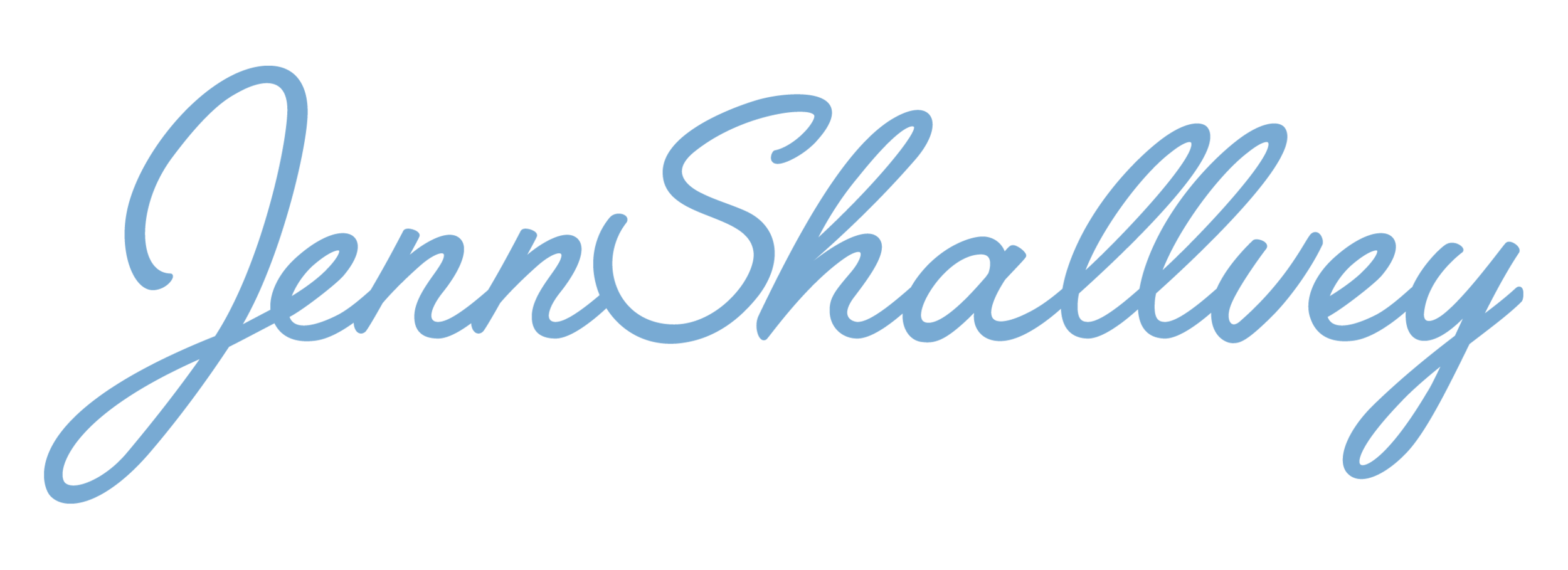What does knowing really mean?
What does knowing really mean? How would you define knowing? Let’s consider the possibility of a definition created from where we are at in the world now. Then when we understand such a piece of information we can better understand the contrasting perspective of not knowing.
What does knowing mean to you as a person in your world? Consider what factors and forces reinforce you to know the answers to everything. What happens that makes you need to know? What makes it that you are shunned or put down when you don’t know? Where does this come from? Consider these questions.
We then start with a simple basic perspective - it is ok and perfectly fine to not know. It is not ok to pretend to know. One is akin to falsehood and the creation of illusions the other an honest and upfront sharing of truth. There is a difference in both takes on knowing.
Some may find it threatening in their world, whether at work or home, to not look like they know. Someone asks a question and you share an answer when all it really is to others is an opinion or here say. Does this then mean that knowing is only when you can source with verifiable evidence? No. That is nice in some situations but not always necessary. For there are situations where you as a person will know but you can not recall nor remember why you know.
Take for example someone asks you an innocent question about a movie that some actor did way back in their career. You can recall watching the movie but you can not recall the actor in the movie. Yet the person you are with is adamant that the actor was in the movie. You ask the question of the person ‘how do you know?’. ‘Well I just know’ will be the answer. Let’s say for this example that the actor was not in this movie. You know this at some level but can not verify without looking up and finding the record of the movie. Do you have to do that? Or do you explore more the knowing of the other person to help you verify? This is a verifiable fact with two very different points of view. Therefore one is right and one is wrong. Easy to figure out, right? But how do you figure this out when you do not have the luxury of ‘looking it up’ or as we might say outsourcing your memory to the internet? Well you need to go more into the memory. You also need to go more into the knowing.
If you are certain, then you need to ask yourself firstly is it possible I may be mistaken? If so then there is a tiny fraction of possibility that you are not 100% correct, or right. And likewise the other person is not either. So you begin to seek more understanding. Oh when did you last see this movie? And the other person might say last night. And you go oh that is fairly recent then you are likely right and maybe I am wrong. Are you? What if the person who watched the movie, even as recent as last night, just got the name of the actor wrong? They have an image in their head but the wrong name? That is possible. Very possible. Yet given the recency less likely. This is not a deductive sleuthing exercise. It is being shared to illustrate that there can always be some doubt. There can always be some sense that the world is not always as it seems.
This means that even your own certainty around knowing can be in doubt. Go back to this movie example. What is it in you that perhaps leads to you knowing? What is it that makes you feel certain? What is your internal sense about this telling you?
More importantly what signs do you notice in you that you do not know?
When is that you know?

